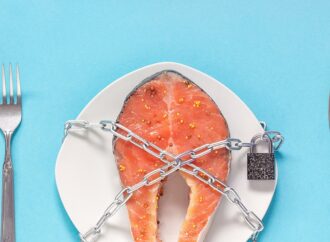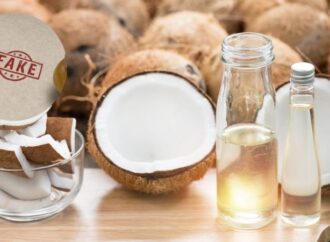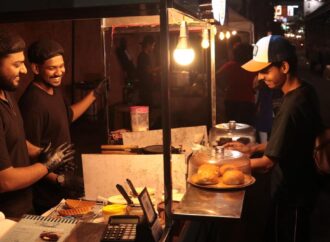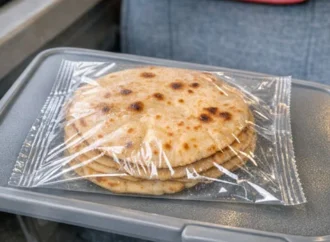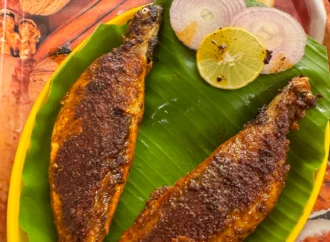In a disturbing violation of food safety norms, health officials in Kollam city shut down a roadside snack shop near SMP Palace Road after catching workers melting plastic covers from refined palm oil pouches directly into cooking oil used for frying snacks. Inspectors found half-melted plastic at the site and visibly contaminated oil. Migrant workers operated the shop without maintaining basic hygiene, holding health cards, or possessing valid licenses. Officials sealed the shop, issued a notice to the owner, and launched a series of follow-up inspections. They made it clear that they won’t tolerate such hazardous practices.
What Did They Do?
The workers deliberately heated used cooking oil with plastic pouch covers still inside. Health officials found clear evidence of this ongoing practice, including half-melted plastic in the cooking area. They confirmed that the contaminated snacks were being sold to customers, including those near Kollam Railway Station. The logic, though dangerous, was simple: the workers believed melting plastic would extend the oil’s life, thicken its texture, and give fried food a better appearance. In reality, this reckless shortcut poisoned the oil with toxic chemicals that have no place in any kitchen.
How Hazardous is this?
Melting Plastic Releases Toxic Compounds such as
- Dioxins
- Furans
- Phthalates
- Heavy metals
Health Risks from Consuming Such Food include
- Cancer
- Hormonal disruptions
- Liver and kidney damage
- Respiratory and digestive issues
How Can You Spot Unsafe Food?
- Use your senses: A burnt smell or greasy, sticky texture may signal contamination.
- Question cheap prices: Snacks that seem too cheap to be true often come at the cost of safety.
- Choose verified vendors: Buy food from licensed shops that follow hygiene rules.
- Speak up: Report any unsafe food practices to your local food safety department.
Important Clarification: This was not Plastic Pyrolysis
Don’t confuse this incident with plastic pyrolysis. In plastic pyrolysis, industrial facilities heat plastic in a sealed, oxygen-free environment to break it down into synthetic fuels like pyrolysis oil and gas. These fuels power furnaces and industrial boilers, not frying pans.
- Plastic pyrolysis is an industrial process, not a kitchen method.
- Pyrolysis oil is never safe for human consumption.
What happened in Kollam had nothing to do with controlled processing. The workers crudely and illegally melted plastic into food-grade oil, directly endangering public health. This case reminds us that food safety demands vigilance, and there’s no place for toxic shortcuts on anyone’s plate.
Source: Manorama.com
 Food Manifest
Food Manifest 
